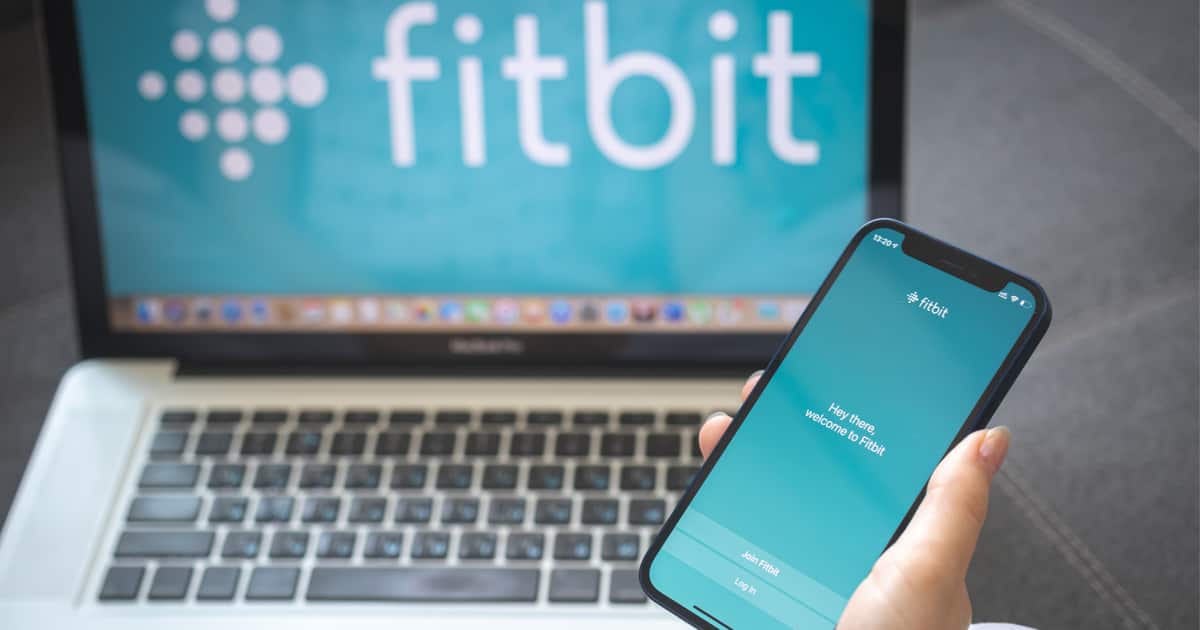The Google-owned fitness tracker company announced that it has gained the FDA approval for a new algorithm that will provide atrial fibrillation (AFib) detection on its Fitbit devices. The company that makes fitness tracking wearables with similar features as the Apple Watch will soon implement the algorithm in its products.
Fitbit AFib Detection Helps It Catch Up with Apple
When it comes to breakthrough features, the Apple Watch can surely brag about its ECG and AFib features. However, competitors don’t want to be left behind and will try to inch closer to the Apple Watch when it comes to high-tech features.
Google-owned Fitbit is one of several competitors offering fitness-tracking features. In 2020, Fitbit managed to get the FDA nod for its smartwatch ECG app. Now, the company has announced that it also got FDA approval for its algorithm that will detect atrial fibrillation (AFib). The Apple Watch Watch had that feature as early as 2018.
Fitbit’s PPG Algorithm and How Does It Work
According to Fitbit, its new PPG algorithm can assess heart rhythm passively in the background. It will send a notification when the heart rhythm shows any sign that suggests atrial fibrillation. The algorithm will send the notification through Fitbit’s Irregular Heart Rhythm Notification feature.
Fitbit explained its PPG-based algorithm as follows:
When your heart beats, tiny blood vessels throughout your body expand and contract based on changes in blood volume. Fitbit’s PPG optical heart-rate sensor can detect these volume changes right from your wrist. These measurements determine your heart rhythm, which the detection algorithm then analyzes for irregularities and potential signs of atrial fibrillation.
Fitbit also said that data from the company’s Fitbit Heart Study in 2020 clinically validated its PPG algorithm. During the 2021 American Heart Association Scientific Sessions, Fitbit presented data that proved its PPG algorithm’s detections can indeed identify AFib episodes correctly.
Fitbit Wearables To Challenge the Apple Watch
The Fitbit PPG-based algorithm and Irregular Heart Rhythm Notifications feature will soon be available to consumers in the U.S. across a range of heart-rate enabled devices. By then, Apple might be facing a worthy competitor since Fitbit’s smartwatch would be as useful as the Apple Watch when it comes to health monitoring and irregularity tracking. But of course, FitBit’s wearables are stand-alone devices, unlike the Apple Watch, which pairs well with the iPhone. So the question is whether just adding Fitbit ECG and AFib detection features is enough to challenge the Apple Watch.
